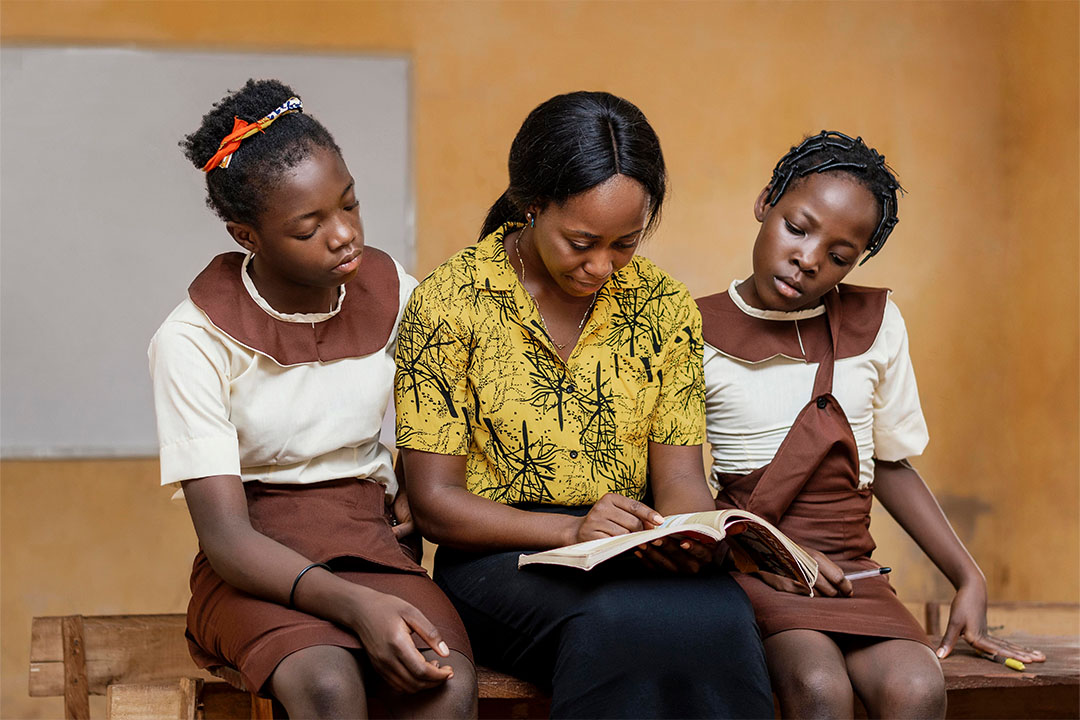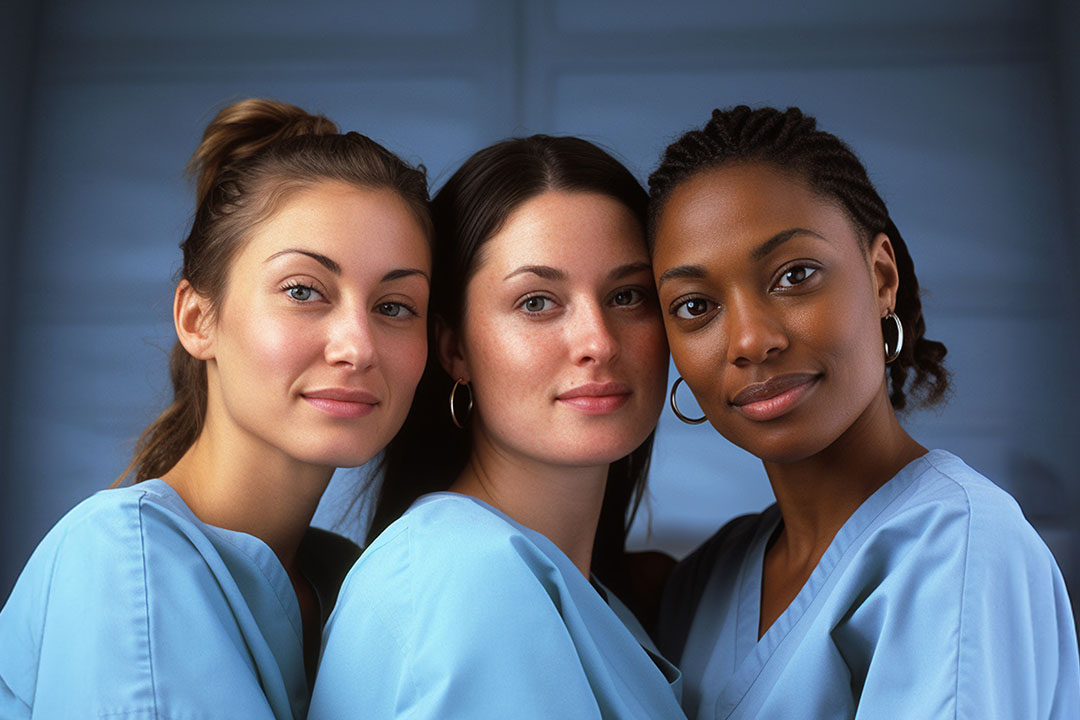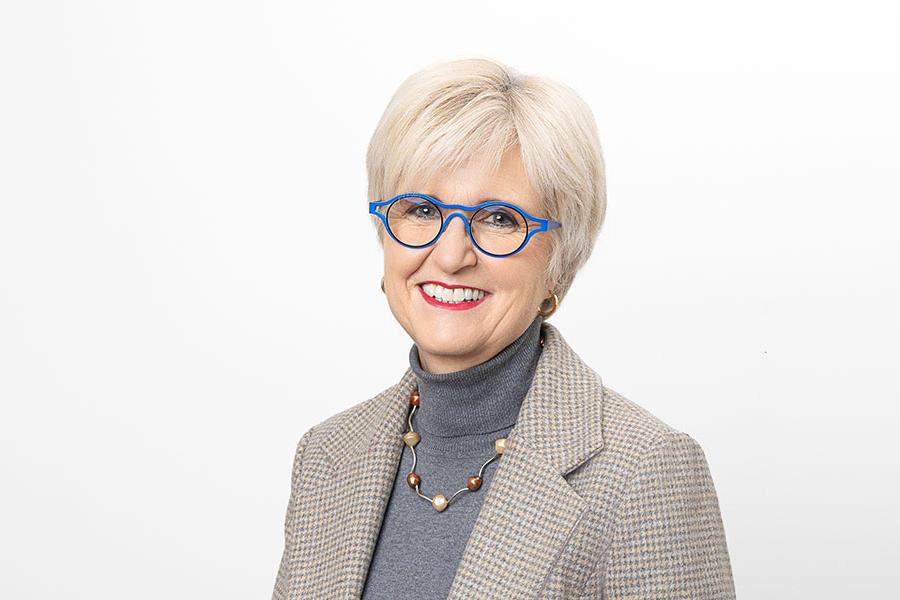The European Institute for Gender Equality (EIGE), based in Vilnius, Lithuania, monitors progress on gender equality within the European Union. The director of the institute, Carlien Scheele, reports on which countries are leading the way.
DM: Mrs. Scheele, you are publishing the gender equality index within the EU. Which areas do you analyse?
Carlien Scheele: Our Gender Equality Index covers six main areas of life: work, health, knowledge, money, time, and power. In these core domains, we measure the progress of gender equality in the EU and the Member States to provide visibility to areas that need improvement and support policymakers to design more effective gender equality measures. Additionally, we also assess the state of violence against women in the EU with available comparable data.

DM: What is the current situation in the EU? Which countries and which areas are particularly noteworthy in terms of gender equality?
Carlien Scheele: As of 2023, the EU sits at 70.2 points out of 100 – where 100 indicates full gender equality. This is the best score since the inception of our Index in 2010. Sweden, the Netherlands, and Denmark continue to lead the way in the Index – as they have done for over a decade. Yet, either their progress has plateaued, or they have suffered a slip in points – as we see in countries such as Finland or France. This clearly shows that gains cannot be taken for granted. They need to be anchored and supported by measures to maintain progress. On the other end, we see countries like Italy, Portugal, and Malta, who, despite scoring below the EU average, have made vast improvements in gender equality in the last 10 years. So, when countries put measures in place, progress is accelerated.

DM: What is "gender-based" violence?
Carlien Scheele: Gender-based violence is both a cause and a consequence of gender inequality. Gender-based violence is any type of violence based on someone’s gender, from physical to emotional to financial to reproductive violence. While anybody can be a victim, women are overwhelmingly the victims. As far as our support for the implementation of the Istanbul Convention, EIGE will continue to monitor, analyse, and review the impact of legislation and policy relevant to GBV from a gender perspective and inform of Istanbul Convention compliance requirements. You can find more information on our role in supporting the implementation of the Istanbul Convention here.

DM: What happens to the data you collect? Does it become recommendations for policymakers?
Carlien Scheele: EIGE collects and analyses data on gender equality with an intersectional perspective to help policymakers design measures that are inclusive, transformative, and promote gender equality in all areas of life. Our data are often the basis for or inspiration for ‘Council Conclusions’ for the Council (we work closely together with the 6-month rotating EU Presidencies and produced, for example, a report on ‘financial independence’ for the Belgian Presidency, which led to Council Conclusions where EIGE data were integrated). Our data also regularly get referenced in reports or documents produced by the European Commission or the European Parliament.
DM: Thank you for this interview.
Interview Marie Wildermann
The European Institute for Gender Equality (EIGE)
is an EU agency providing independent research on gender equality in the European Union. It is the EU’s knowledge center on gender equality. By providing reliable and policy-oriented data and information, it supports the EU and its Member States in strengthening the promotion of gender equality. EIGE is funded by the European Commission. The annual budget amounts to around 9 million euros.

